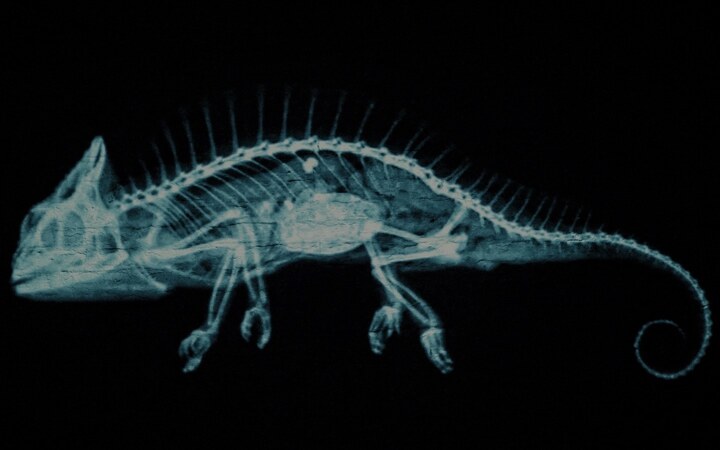Evil. The problem is people doing bad things that they know are bad. Everyone just needs to stop demanding bribes and littering and murdering each other.
Moral confusion. No, in reality, most people try to do the right thing most of the time. The problem is that our idea of “right” is a primitive instinct evolution gave us to survive and reproduce. Over the centuries, how many millions have died in battles with the people on both sides convinced they were fighting for justice? The problem isn’t people being evil but that they have an underdeveloped sense of what is good.
Irrationality. No, all this talk about morality is missing the point. The problem is that people don’t think things through. Even when we try to do good, we spend our effort on salient but ineffective things (like recycling plastic or donating to elite colleges) and ignore other things that would really make a difference (like reducing air pollution or developing rapid-response vaccines). If we could deploy our effects to actually accomplish things, then we could get somewhere.
Incentives. No, it’s silly to fight human nature. Morals or irrationality, we are what we are and there’s no use moaning about it. To build a better civilization, we need to construct a society where it’s in our interest to do what’s best. Instead of asking people not to pollute, tax pollution. Instead of whimpering that we don’t have jetpacks, let’s make sure jetpack-creators are rewarded.
Desire. No, what is this obsession with stuff? Who cares about moving atoms around? The reality is that happiness is in front of you. Most of us live with silly anxieties like wanting a bigger house than our neighbor or worrying about our mortality. But this is a choice we don’t have to make. Our material abundance is already immense compared to previous generations, but has this brought us happiness? If it hasn’t done so yet, it’s not going to do so in the future. We need to look inwards.
Space. No, these ideas are too parochial. Our planet is a tiny speck that’s already in its golden years. Life has existed for 4 billion years. Within a couple billion more, the oceans will boil away and life will vanish. Yes, the universe swarms with energy and planets, and maybe some are habitable. But just our galaxy is 100,000 light-years across. How are we going to go anywhere?
Time. No, we could go places, it would just take a very long time. After all, the stars in the galaxy are circulating, not stationary. In just 1.3 million years, Gliese 710 will come within 1/6 of a light-year of Earth. We could jump to a planet in the system, then ride the natural motion of the galaxy and jump to another a few million years after that, eventually bringing life to the entire galaxy. But can we really wait tens of thousands of generations between jumps? Would we even remember where we came from? The big challenge is time.
Information. No, we could beat time—we just need to find a way to put our bodies to sleep. If we could do that, then someone who is alive today could live to see the other side of the galaxy. Stop being so defeatist! We can solve all of the above problems, we just need to figure out how to do it. Problems have solutions. The challenge is just to find them.
Entropy. No, look. You may beat time and space. You may overcome human foibles and invent amazing technology. But you don’t beat thermodynamics. If Hawking radiation is real, then the universe will eventually end up a thin uniform heat soup of gravitons and photons with no free energy to support life or other patterns. This is the challenge we can’t beat.
Evolution. No, don’t be naive. These plans for a grand civilization spanning galaxies and billions of years are a fantasy. The problems will come closer and sooner. No matter what you do, in the long run, the patterns that best reproduce themselves are the ones that stick around. There’s always an incentive to defect, from cancer cells that kill single organisms, to single solar systems that go to war with others. In the end, we are powerless to impose our will on the universe, because whatever structures we create will be under attack from this law simultaneously at all levels. Progress is impossible. Happiness is impossible. Grace and dignity are impossible. In the end, all will be discarded in the name of competition. Nothing changes this, not gene editing or AI or brain uploading. Our final boss is the same force that created us.
Qualia. No, who cares about spaceships and wars and economics and these childish things? What matters is the spark of consciousness—that it feels like something to be us. Why does putting certain atoms into a certain configuration create sentience? Does it create sentience, or was it always there and just gained the ability to think and talk? Why do different people seem to be separate when we are all blurry parts of the same physical system? Do shrimp (with their 12 photoreceptor cells) really see more colors than us? Can we change the speed at which we experience time? Does the space of possible experiences have any constraints at all? In some sense, we are qualia, and if we don’t understand them, we understand nothing.































